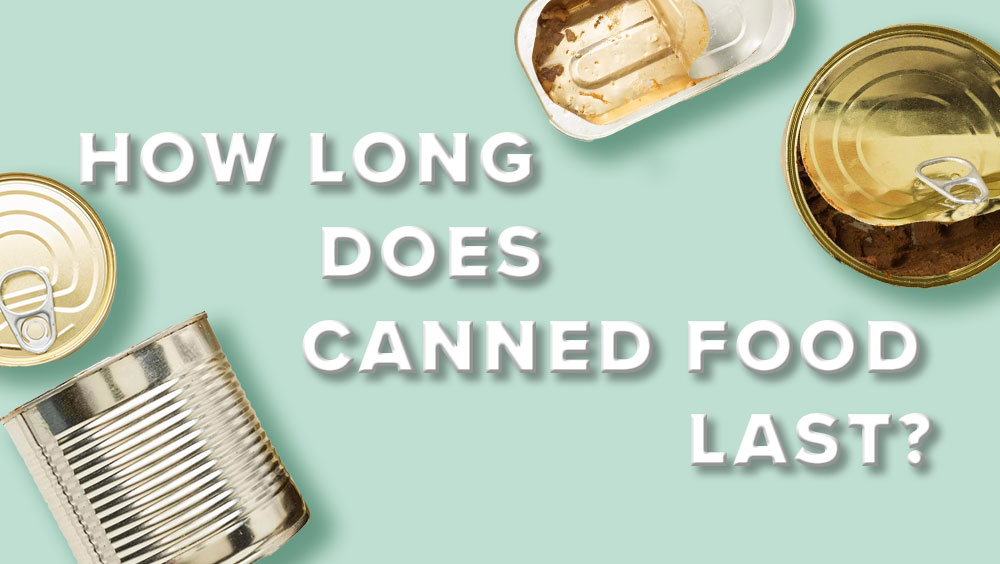Canned foods provide an easy and convenient way to enjoy a variety of foods without needing to worry about spoilage. Unfortunately, there are still common concerns regarding the shelf life of canned foods that should be taken into consideration when purchasing and storing them.
Factors Affecting Canned Food Shelf Life
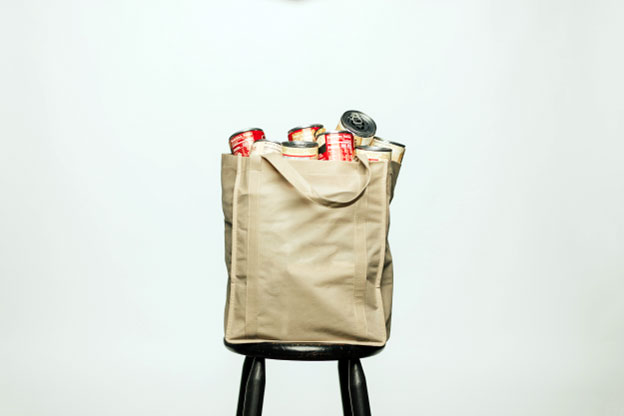
Type of Food and Ingredients
The acidity in high-acid foods can accelerate the growth of harmful bacteria, leading to spoilage. This is why it is important to consume high-acid canned foods within a relatively short period. On the other hand, low-acid foods have a longer shelf life because the acidity level is not conducive to bacterial growth.
Preservation methods also differ for acidic and low-acid foods. High-acid foods can be safely preserved through the process of canning, which involves heating the food to kill bacteria and sealing it in an airtight container. Low-acid foods must undergo a more rigorous canning process, known as pressure canning, to eliminate the risk of bacterial contamination.
Packaging and Quality
Packaging plays a crucial role in preserving the quality and extending the shelf life of canned food. The choice of packaging material can significantly impact the preservation of food products. Cans made of metal, such as tin-plated steel or aluminum, are commonly used for packaging canned foods because they provide a hermetic seal that protects against moisture, air, and light.
Proper canning techniques, including the use of appropriate temperatures and processing times, are also crucial for preserving the quality and safety of the food. Canning destroys microorganisms that can cause spoilage, and when done correctly, it can effectively eliminate harmful bacteria, ensuring the safety of the food during storage.
Storage Conditions
Temperature fluctuations can greatly impact the quality and shelf life of canned food. It is important to store canned food in a cool environment, ideally at moderate temperatures between 50°F (10°C) and 70°F (21°C). Extreme heat can cause the food to spoil more rapidly while freezing temperatures can lead to the expansion and potential bursting of the cans.
Humidity levels are another important consideration. High levels of humidity can lead to the growth of mold and bacteria, increasing the risk of spoilage. It is best to store canned food in a dry place to minimize these risks and ensure the longevity of the product.
Exposure to light, specifically direct sunlight, can also affect the quality of canned food. Ultraviolet (UV) light can cause nutrient loss and discoloration in certain foods. Therefore, it is recommended to store canned food in a dark or dimly lit area.
Understanding Expiration Dates
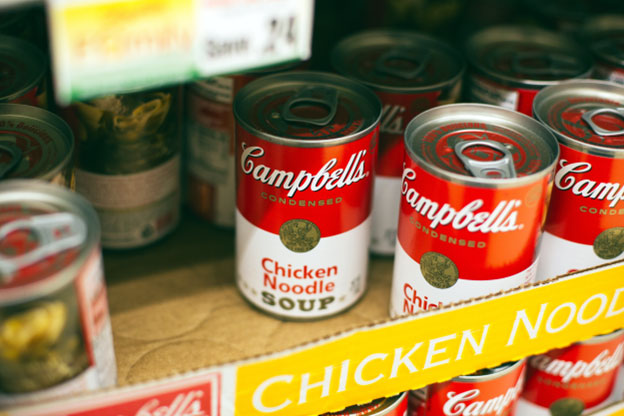
Best Before Date
The "Best Before" date is a term used to indicate when a canned food product is at its peak quality. It signifies the date up until which the manufacturer guarantees the product to have its intended flavor, texture, color, and nutritional content. However, it is important to note that the "Best Before" date does not necessarily mean that the canned food is unsafe to consume after this date.
The concept of food quality versus safety is crucial in understanding the implications of the "Best Before" date. While the quality of the food may deteriorate over time, the safety of the canned food can still be maintained as long as the can remain intact and there are no signs of spoilage.
Use-By Date
The "Use-By" or "Expiration" date is a guideline provided by food manufacturers to indicate the estimated time frame during which their products will be at their best quality. It is important to pay attention to these dates as they help ensure that you consume the food at its peak taste and texture. However, it is essential to note that consuming food past its expiration date does not necessarily mean that it is unsafe to eat.
The expiration date primarily indicates that the food may start to lose its quality after that point. However, it is crucial to use your senses to determine if the food is still safe to eat. If you notice any unusual odors, changes in texture or appearance, or signs of spoilage, it is best to discard the food item.
Shelf Life of Common Canned Foods
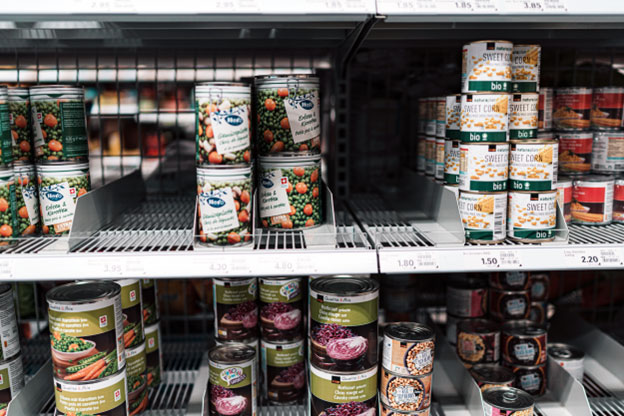
Canned Fruits and Vegetables
Canned fruits, such as peaches, pears, and pineapple, typically have a shelf life of around 1 to 2 years. Over time, the texture and taste of these fruits may change slightly, becoming softer or less crisp. However, their nutritional value remains relatively stable.
Canned vegetables, such as green beans, corn, and carrots, can also last for 1 to 2 years if stored correctly. Similar to canned fruits, the texture and taste of these vegetables may undergo some changes over time. They may become softer or less vibrant in color. However, the nutritional content of these vegetables remains largely intact.
Canned Meats and Seafood
Canned meats and seafood, such as tuna, chicken, and salmon, have a longer shelf life compared to fresh or frozen options. On average, these canned products can last for 2 to 5 years if stored in a proper manner. The canning process involves sealing the food in airtight containers, which helps to preserve its quality and extend its shelf life.
Canned Soups and Broths
Typically, canned soups and broths can last for several years when stored properly. The precise shelf life varies depending on the manufacturer and the specific product. It is important to check the expiration date on the can to ensure its freshness and quality. It’s also worth noting that while canned soups and broths can last a long time, their flavor and quality may begin to decline over time.
Extending Canned Food Shelf Life
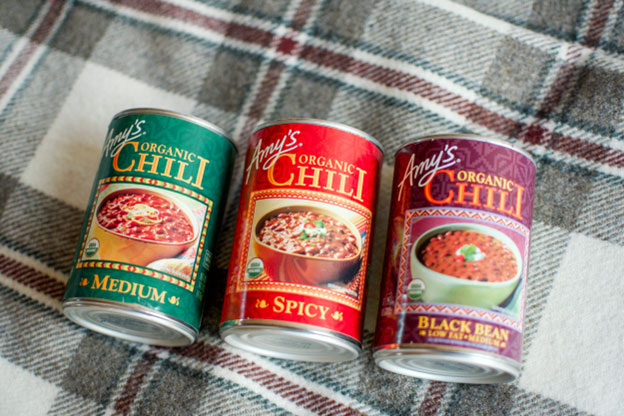
Proper Storage Practices
Proper storage practices are essential to maintain the quality and safety of canned goods. Here are some key tips to ensure that your canned foods last as long as possible:
Store in Cool Temperatures: Canned foods should be stored in a cool, dry place with moderate temperatures. Avoid exposing them to excessive heat or cold, as this can affect their taste and texture.
Check for Damaged Cans: Before storing your canned foods, inspect the cans for any signs of damage or bulging. Damaged cans can allow air and harmful bacteria to enter, increasing the risk of spoilage.
Rotate Stock: Practice the first-in, first-out (FIFO) method. Place newly bought canned foods at the back of your storage area and move older cans to the front. This ensures that you consume the oldest cans first, preventing them from expiring unused.
Regularly Check Expiration Dates: While canned foods can last for several years, it is best to consume them within their recommended expiration dates. Regularly check the expiration dates and prioritize using the cans that are closer to expiry.
Consider Transferring Unused Portions: If you have used only a portion of a canned food product, transfer the remaining unused portion into an airtight container and refrigerate it. This can help maintain its freshness and prevent spoilage.
Inspection and Safe Consumption
Inspecting Canned Goods: Before consuming canned foods, it is essential to inspect the cans to ensure their safety. Look for any signs of damage, such as dents, bulges, or leaks. These can indicate a compromised seal, allowing harmful bacteria to enter the can. If you notice any damage, it is best to discard the can.
Safe Consumption: Canned foods can often be consumed safely past their best-before dates. This is because the canning process extends its shelf life by preserving the food inside. However, it is important to use your judgment and consider certain factors before consuming expired canned goods.
Conclusion
Canned food can last past the best-before date if stored properly, but be cautious of signs of spoilage and discard any questionable cans. Proper storage and attention to spoilage signs extend canned food's shelf life, reducing waste and maximizing pantry value. Safety and quality are top priorities for canned food.

